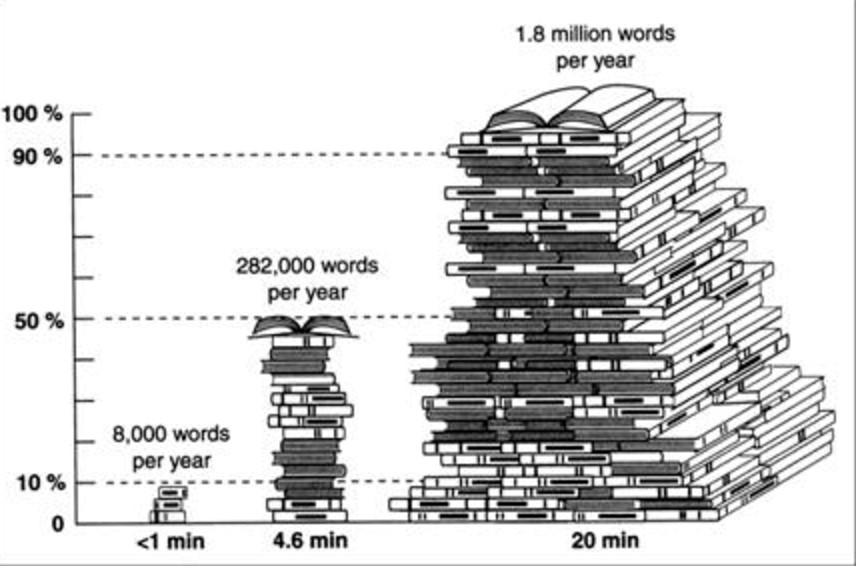This website only offers information about resources, it is not a referral or endorsement of any particular provider, nor does it make any recommendation or representation about the ability, quality or competence of the resource providers listed here. Use of this website implies consent to this disclaimer.
Links to other OG & Barton Tutors by State/Province:
- Alabama
- Auburn – Cora Connelly, M.Ed., A/OGA, Master’s Level Barton
- Alberta, Canada
- Edmonton – Diana Sabados Online Barton tutor with teaching background and mother of two dyslexic children
- Arizona
- Cave Creek/Phoenix/Scottsdale – Jane Gramenz MA Teaching, BA Psychology, Licensed Teacher, Certified Masters Barton Tutor, Advocate, Consultant. In person & on-line services available.
- Maricopa – Sherry Wootan, Advanced Certified Barton
- California
- Rancho Cucamonga – Michele Fairchild Advanced Certified Barton tutor and Equipping Minds Tutor. Online remote tutoring.
- San Clemente – Kelly Christian– Reading and Spelling Tutor. Vantage Point Tutoring – Equipping Dyslexic Learners for a Bright Future.
- Colorado
- Boulder – Deborah Kratovil, Owner
- Castle Rock – Ann Mitchell MAED, Certified Orton-Gillingham Methodology Online
- Centennial – Melissa Bailey Reading Interventionist, Certified Teacher Grades K-6. Over 25 years of experience teaching reading and language arts. Trained OG and Barton Reading & Spelling Program. Remote over Zoom.
- Greeley – Sue Bridgman – Founder/Executive Director of Bridging the Gaps Dyslexia Center, a nonprofit (501c3) organization.
- Highlands Ranch – Donna Duffy, M.Ed, retired teacher with over 25 years of teaching experience. Reading With Success, LLC.
- (no city) – Breeanna Murphy M.Ed. Literacy, LETRS certified, dyslexia advocate, IMSE trained comprehensive & morphology, Orton-Gillingham tutor. Virtual Tutoring.
- Florida
- Land O’ Lakes – Jen Opitz Owner/ Reading Specialist/OG Tutor
- Tampa – Helena Svanstrom – Master Level Certification in Barton Reading and Spelling System – 8 years of experience
- Georgia
- Atlanta – Ladder Learning Services, Online Dyslexia, Dysgraphia, and Dyscalculia tutoring services
- Atlanta – Holly Justice, OG Certified, SWI, Advocacy, Barton
- Atlanta – Lauren Hammond, M.Ed., Special Education Consultant, Barton Tutor, Multisensory Math Tutor
- Dublin – Brianna Preston, Eureka Reading Services, Certified Dyslexia Specialist. One-on-one dyslexia therapy and reading intervention.
- Hawai’i
- Kailua – Emily Laidlaw, Providing help to parents and educators.
- Iowa
- Williamsburg – Mindy VanZuiden certified Dyslexia Specialist providing Barton, Foundation in Sounds, IEW, HWT, and LIPS
- Massachusetts
- Holland (virtual only) – Mary C. Scannell M.Ed., Barton Tutor, Reading Specialist/Diagnostician & English Teacher. Virtual Educational Assessments, Reading Interventions & Advanced Writing Instruction
- Michigan
- Linden – Lisa Barnett, BA Special Education, SWI Tutor and Coach
- Midland – Leane Priest, Transformation Reading, Barton Spelling and Reading, Dyslexia
- Minnesota
- White Bear Township – Evelyn Haselmann, Barton Trainer, Tutor, Consultant, The 20% Club.
- Missouri
- St. Louis – Jillian Miesen, reading specialist
- St. Louis – Robin Boda, Executive Director / Dyslexia Consultant. Helping students who struggle in the typical classroom make sense of learning.
- New Jersey
- Cream Ridge – Mrs. Jeffries CALT in training
- North Carolina
- Raleigh – Lisa Durham BS Special Education, Advanced Barton Certification
- Wilmington – April Coggins Dyslexia Specialist. Nationwide Reading Dyslexia Tutor.
- Ohio
- Cincinnati – Andrea Trapp, Ph.D.
- Saskatchewan, Canada
- Regina – Ellen MacPherson – Reading and Spelling Tutor. Online and in person instruction available. Programming available: Barton Reading and Spelling System, LiPS, SPIRE, Equipped for Reading Success.
- South Carolina
- Mount Pleasant – Charlene Morgan A/AOGPE, MAT Ed., Orton-Gillingham reading and writing academic therapy along with Multisensory math tutoring.
- Virginia
- Loudon County – Kelly Rogan, M.Ed- Literacy Specialist / OG & Barton trained. We specialize in supporting students with Dyslexia, ADHD, & Executive Functioning.
- Washington
- Seattle (virtual only) – Erin Daniels, Orton Gillingham and Multisensory Math tutor. Erin tutors virtually, working with students across the US and beyond.
- Wisconsin
- Milwaukee – Paula Stone, CALP
- Wausau – Dana Glaser, Speech-Language Pathologist and Orton-Gillingham tutor
Other Resources:
- Orton-Gillingham Online Academy this site is a great resource if you are looking to become an Orton-Gillingham tutor or just learn more about it!
- Games and activities for learning Sight Words
- Whizzimo an online platform for Orton-Gillingham tutoring and lesson-planning









